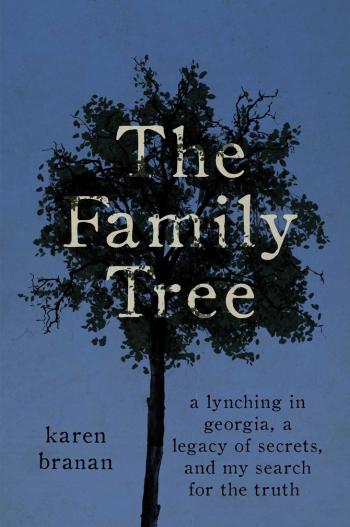When Georgia Square Mall opened in 1981, it was the end of downtown Athens.
J.C. Penney and Belk moved out to anchor the mall, and Macy’s soon followed. It was also the beginning of downtown Athens as we know it. The news that Macy’s is closing its Georgia Square store is a body blow for the mall. In 1981, the Atlanta Highway was beginning its retail ascendancy; now, the vigor has flowed on over to the Epps Bridge Centre in Oconee County.
We all know the story of how the semi-deserted downtown of the 1980s offered cheap rents to artists and musicians for lofts and practice spaces. We know how hippie entrepreneurs opened shops and restaurants, how bars sprang up and provided venues for musicians to play and artists to display. We know that little shops and stores began to fill in where the chain stores had dominated.
We forget that the renaissance of downtown was abetted by local government. It created the Athens Downtown Development Authority, which made available low-interest loans, which enabled new entrepreneurs to purchase their buildings (with no questions asked about how the down payment was raised). The city also hired a coordinator for downtown promotions and put money into improving the downtown cityscape with tree plantings and other enhancements. You could call it the perfect public-private partnership, because the energy and hard work of the new business owners coincided with the university’s decision to get tough with drinking on campus, providing an eager clientele for the burgeoning downtown businesses.
And now, downtown is morphing again, driven by the nationwide trend of college students wanting to live near campus and near the amenities of bars, shops and restaurants. Downtown Athens has always profited from its proximity to the campus and the steady supply of well-heeled students. That dynamic has been ratcheted up by the plethora of luxury high-rise apartments ringing the campus, with more soon to open. Those students want the goods and services they know in the Atlanta area, and so the pressure on downtown is to provide the franchises the students recognize. Our local government sat and watched as the student high-rises flowed in and looked the other way as the mayor smothered the Blue Heron initiative in its nest, nixing the idea of incubating a high-tech working-living complex where the dorms now rise.
Will the Atlanta Highway continue its downward spiral until its value becomes attractive to a new generation of entrepreneurs, abetted by a new generation of Mayor and Commission? Will the growth of online shopping eventually turn Epps Bridge Centre into a concrete graveyard? Will distance learning develop to the point that students will prefer to earn their degrees at home in Marietta, turning their luxury apartments here into a high-rise Stonehenge, making downtown once again a ghost town? The future, as always, is murky and sure to be surprising.
Murder, She Wrote

When I last saw Karen Branan, just after we graduated from UGA, she told me she wanted to be a writer, and that’s what she did. While raising her children, she wrote at her kitchen table for newspapers, magazines, stage, television and radio and is still writing. Now, she has published what looks like a real blockbuster. She has delved into the background of a lynching perpetrated by her great-grandfather, who was sheriff over in Harris County, in west Georgia. She has marshaled her expertise as a writer and researcher to uncover the facts of a long-buried crime that involves her own family. Here’s an excerpt from reviewer Fergus Bordewich’s description of Branan’s book, The Family Tree: “In it, Branan drills deep and relentlessly into the circumstances surrounding a 1912 lynching in a small town, when four innocent African Americans were dragged from jail and hanged for a murder committed by a white man. Hamilton, GA was Branan’s hometown, and the event in question lingered persistently in local folklore for generations. Branan peels away layer after of deliberate falsification, distorted memory and deliberate self-justification to expose the long-buried webs of intimate cross-racial relationships of many types that existed within the dark underbelly of the Jim Crow era, which extended far into the 20th Century.”
Karen Branan will read from and discuss The Family Tree at 7 p.m. Wednesday, Jan. 11 in the auditorium of the Athens-Clarke County Library, sponsored by Avid Bookshop. What she has to say is bound to be fascinating, and her books will be available for purchase and autographing.
Like what you just read? Support Flagpole by making a donation today. Every dollar you give helps fund our ongoing mission to provide Athens with quality, independent journalism.









